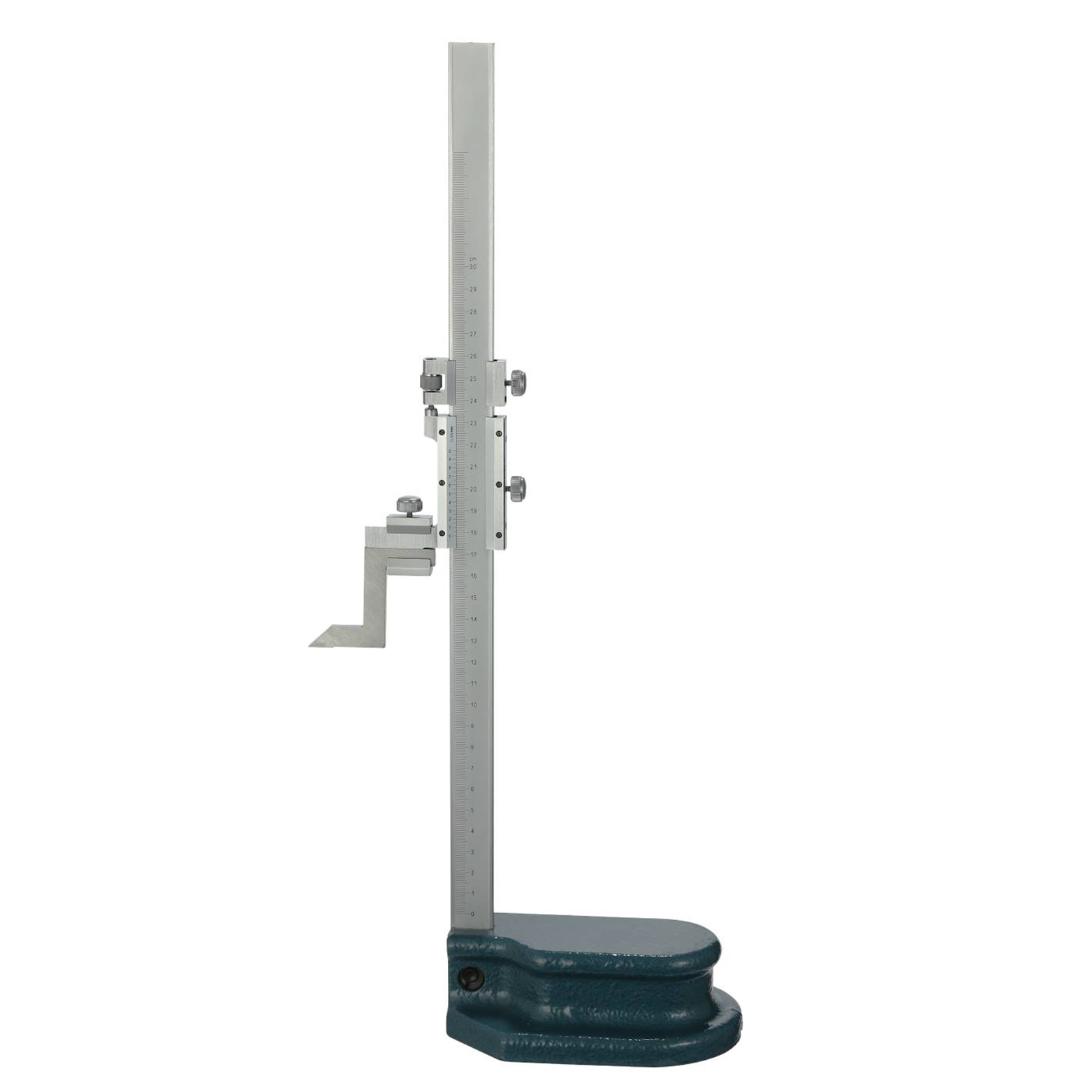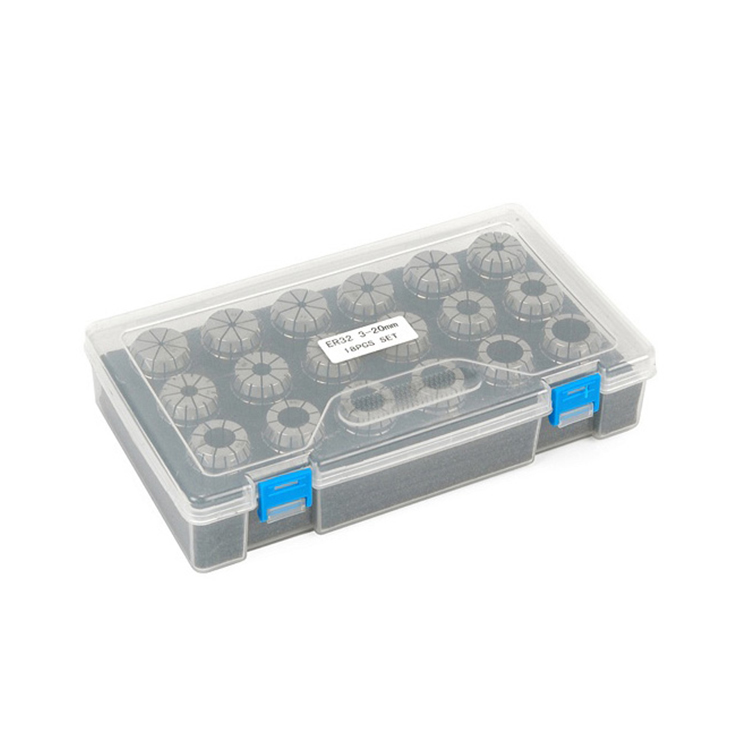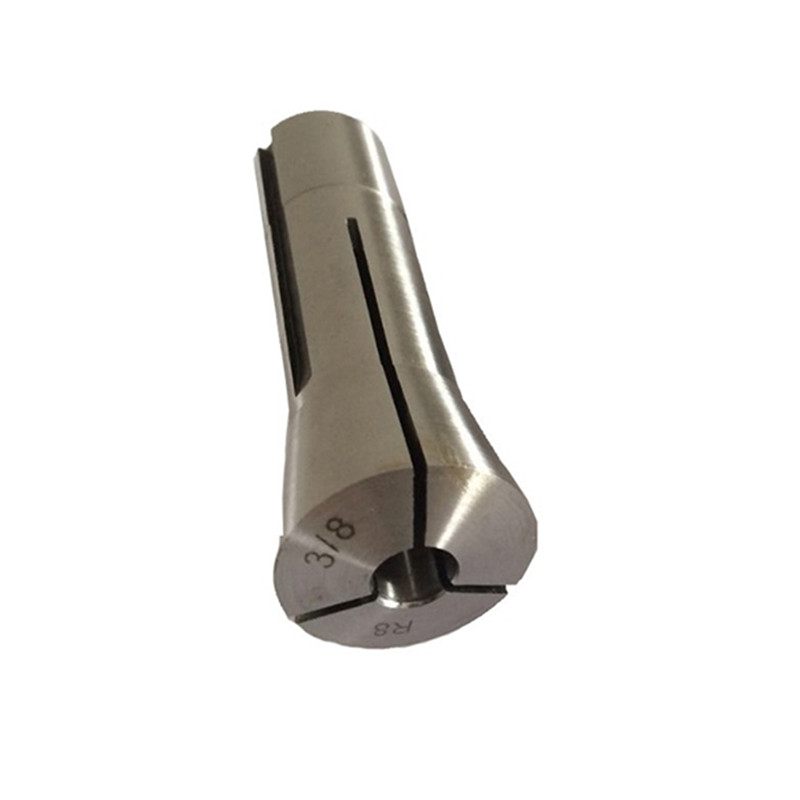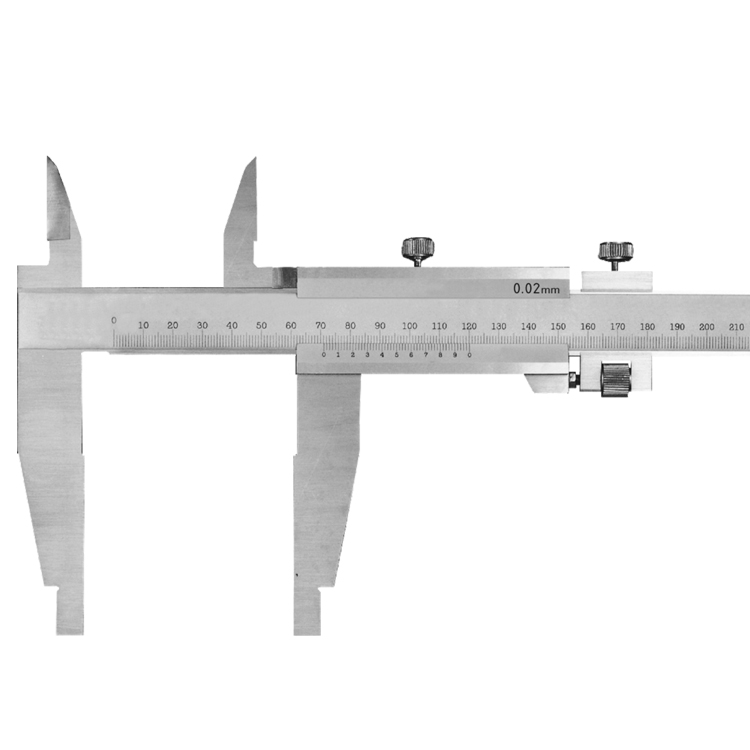Wholesale measuring tools
Navigating the world of wholesale measuring tools can be complex. This guide breaks down the key factors to consider when sourcing these essential instruments, from understanding different types and applications to selecting the right supplier and ensuring quality control. We cover essential types of measuring tools, key considerations for purchasing them in bulk, selecting the right supplier, and ensuring quality control.
Understanding the Different Types of Measuring Tools
The landscape of wholesale measuring tools is diverse, encompassing a wide range of instruments designed for various applications. Knowing the different types and their specific uses is crucial for making informed purchasing decisions. These tools are essential in manufacturing, construction, engineering, and even retail.
Linear Measuring Tools
Linear measuring tools are fundamental for determining length, width, height, and distance. Common examples include:
- Tape Measures: Versatile and portable, tape measures are suitable for a wide range of applications, from construction to tailoring.
- Rulers: Precise for short distances, rulers are essential for drafting, crafting, and detailed work.
- Measuring Wheels: Ideal for measuring longer distances, such as roadways or land plots.
- Calipers: Used for precise measurement of internal, external, and depth dimensions. Digital calipers offer even greater accuracy.
- Micrometers: Provide the highest level of precision for measuring small objects or thicknesses.
Angle Measuring Tools
Accurate angle measurement is vital in construction, woodworking, and metalworking. Key tools include:
- Protractors: Used to measure angles and draw arcs or circles.
- Levels: Determine whether a surface is horizontal or vertical. Digital levels offer greater accuracy and features.
- Squares: Used to ensure right angles and straight edges.
- Angle Finders: Digital tools that precisely measure angles and slopes.
Volume and Liquid Measuring Tools
For measuring volume, especially in industrial and scientific settings, these tools are essential:
- Measuring Cups and Jugs: Used for measuring liquids in both dry and liquid forms.
- Graduated Cylinders: Provide accurate liquid volume measurements in laboratories.
- Pipettes: Used for dispensing precise volumes of liquids.
Specialty Measuring Tools
Certain applications require specialized measuring tools. These include:
- Laser Distance Measurers: Use laser technology for accurate distance measurement, even over long distances.
- Thickness Gauges: Measure the thickness of materials, such as metal or plastic.
- Thread Gauges: Determine the pitch and diameter of screws and bolts.
Key Considerations When Purchasing Wholesale
Purchasing wholesale measuring tools involves more than just finding the lowest price. Consider these factors to ensure a successful and cost-effective procurement process.
Quality and Accuracy
The accuracy of measuring tools is paramount. Inaccurate tools can lead to errors, rework, and increased costs. Insist on tools that meet relevant industry standards, such as ISO or ANSI. Look for tools with clear and easy-to-read scales or digital displays. High-quality materials and construction contribute to durability and long-term accuracy.
Durability and Longevity
Measuring tools often endure harsh conditions. Opt for tools made from durable materials like stainless steel, hardened steel, or impact-resistant plastics. Consider the tool's intended environment and choose materials that can withstand moisture, temperature extremes, and potential impacts.
Calibration and Maintenance
Regular calibration is essential to maintain the accuracy of measuring tools. Inquire about the manufacturer's calibration procedures and recommended intervals. Consider purchasing tools with calibration certificates or the ability to be easily recalibrated. Proper storage and handling can also extend the life of your tools.
Budget and Cost-Effectiveness
While price is a factor, focusing solely on the cheapest option can be a mistake. Consider the total cost of ownership, including calibration, maintenance, and potential replacement costs. Evaluate the tool's features and benefits to determine its value relative to its price. Purchasing from a reputable supplier like Wayleading Tools can help ensure quality and reliability.
Intended Use and Application
Match the tools to their intended use. A construction company will have different needs than a machine shop or a textile manufacturer. Consider the range of measurements required, the level of precision needed, and the specific materials being measured. Selecting the right tools for the job will improve efficiency and reduce errors.
Selecting the Right Wholesale Supplier
Choosing a reliable supplier is crucial for obtaining high-quality wholesale measuring tools at competitive prices.
Reputation and Experience
Look for suppliers with a proven track record of providing quality products and excellent customer service. Check online reviews and testimonials to gauge their reputation. Consider suppliers with experience in your specific industry or application.
Product Range and Availability
A good supplier should offer a wide range of measuring tools to meet your diverse needs. Ensure they have adequate stock levels and can fulfill your orders in a timely manner. Inquire about lead times and shipping options.
Pricing and Payment Terms
Compare pricing from multiple suppliers to ensure you're getting a competitive rate. Understand the payment terms and any potential discounts for bulk orders. Ask about shipping costs and any additional fees.
Customer Support and Service
Choose a supplier that offers responsive and helpful customer support. Inquire about their return policy and warranty options. A good supplier should be able to answer your technical questions and provide assistance with product selection and usage.
Certifications and Compliance
Verify that the supplier complies with relevant industry standards and certifications. This ensures that their products meet quality and safety requirements. Look for suppliers with ISO 9001 certification or other relevant accreditations.
Ensuring Quality Control of Wholesale Measuring Tools
Implementing a robust quality control process is essential to ensure that your wholesale measuring tools meet your accuracy and reliability requirements.
Incoming Inspection
Conduct a thorough inspection of all incoming shipments to verify that the tools meet your specifications. Check for any signs of damage or defects. Verify that the tools are properly calibrated and that all necessary accessories are included.
Regular Calibration
Establish a regular calibration schedule for all measuring tools. Use calibrated standards to verify the accuracy of the tools. Document all calibration results and maintain a record of any adjustments or repairs.
Employee Training
Provide adequate training to employees on the proper use and care of measuring tools. Emphasize the importance of accuracy and the potential consequences of errors. Teach employees how to identify signs of wear or damage and how to report any issues.
Data Analysis and Continuous Improvement
Collect data on the performance of measuring tools and analyze it to identify trends and potential problems. Use this data to improve your quality control processes and prevent future errors. Implement a system for tracking and resolving any non-conformances.
Third-Party Verification
Consider using a third-party laboratory to verify the accuracy of your measuring tools. This provides an independent assessment of your quality control processes and can help to identify any weaknesses. Look for laboratories that are accredited to ISO 17025.
Common Mistakes to Avoid When Buying Wholesale Measuring Tools
Navigating the wholesale measuring tools market requires careful consideration. Avoiding common pitfalls can save time, money, and ensure you get the right tools for the job.
Neglecting Quality for Price
While budget is important, prioritizing the cheapest option often leads to inaccurate, unreliable tools with a short lifespan. This can increase overall costs due to rework, errors, and frequent replacements. Investing in quality from the start is more cost-effective in the long run.
Failing to Define Specific Needs
Purchasing measuring tools without clearly defining your requirements results in mismatched or underperforming tools. Conduct a thorough needs assessment, considering the types of measurements, precision levels, and working environment.
Ignoring Calibration and Maintenance
Neglecting regular calibration and maintenance leads to inaccurate measurements and reduced tool lifespan. Implement a schedule for calibration and maintenance to ensure consistent accuracy and prevent premature failure. Properly train personnel on the care and handling of tools.
Overlooking Supplier Reputation
Choosing a supplier based solely on price can lead to issues with quality, delivery, and customer support. Research suppliers, check reviews, and verify certifications to ensure reliability and compliance with industry standards. A reputable supplier like Wayleading Tools provides quality assurance and dependable service.
Skipping Incoming Inspection
Failing to inspect incoming shipments for damage or defects can result in accepting substandard tools. Conduct a thorough inspection upon arrival to identify any issues and address them promptly with the supplier.
Conclusion
Sourcing wholesale measuring tools effectively requires a strategic approach that considers quality, accuracy, durability, and supplier reliability. By following the guidelines outlined in this guide, businesses can make informed purchasing decisions, ensure accurate measurements, and optimize their operations. Remember to prioritize quality, carefully select a reputable supplier, and implement a robust quality control process. With the right tools and practices, businesses can achieve greater efficiency, reduce errors, and improve overall productivity.
Related products
Related products
Best selling products
Best selling products-
 DIN333A HSS Center Drills With Milled & Fully Ground Flute
DIN333A HSS Center Drills With Milled & Fully Ground Flute -
 5C Hex Collet With Inch and Metric Size
5C Hex Collet With Inch and Metric Size -
 Electronic Digital Height Gauge From 300 to 2000mm
Electronic Digital Height Gauge From 300 to 2000mm -
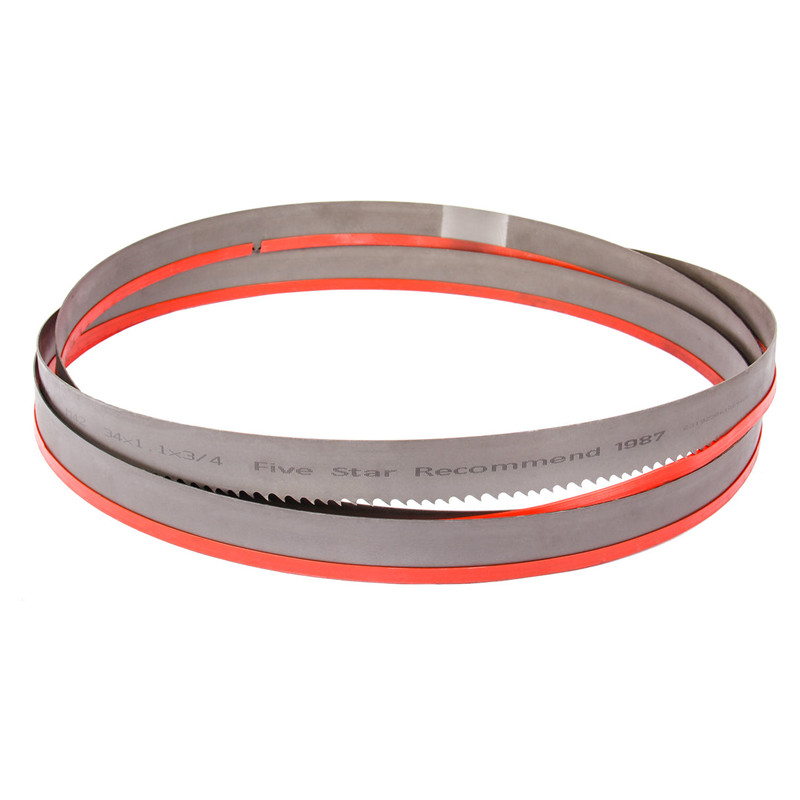 M51 Bi-Metal Bandsaw Blades For Industrial Type
M51 Bi-Metal Bandsaw Blades For Industrial Type -
 Outside Micrometer Set Of Inch & Metric For Industrial
Outside Micrometer Set Of Inch & Metric For Industrial -
 Partial profile 55° Threading Insert With ER & IR Type
Partial profile 55° Threading Insert With ER & IR Type -
 Inch HSS Step Drills with Straight Flute
Inch HSS Step Drills with Straight Flute -
 MT/R8 Shank Quick Change Tapping Chuck With MT & R8 Shank
MT/R8 Shank Quick Change Tapping Chuck With MT & R8 Shank -
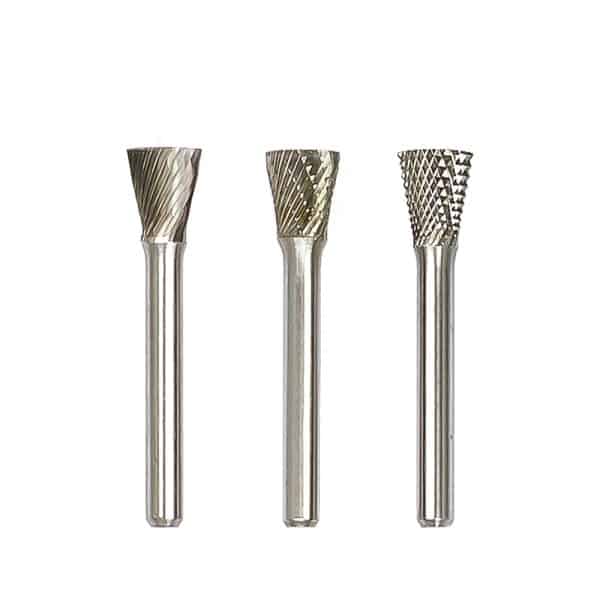 Type N Inverted Cone Tungsten Carbide Rotary Burr
Type N Inverted Cone Tungsten Carbide Rotary Burr -
 Type B Cylinder Tungsten Carbide Rotary Burr
Type B Cylinder Tungsten Carbide Rotary Burr -
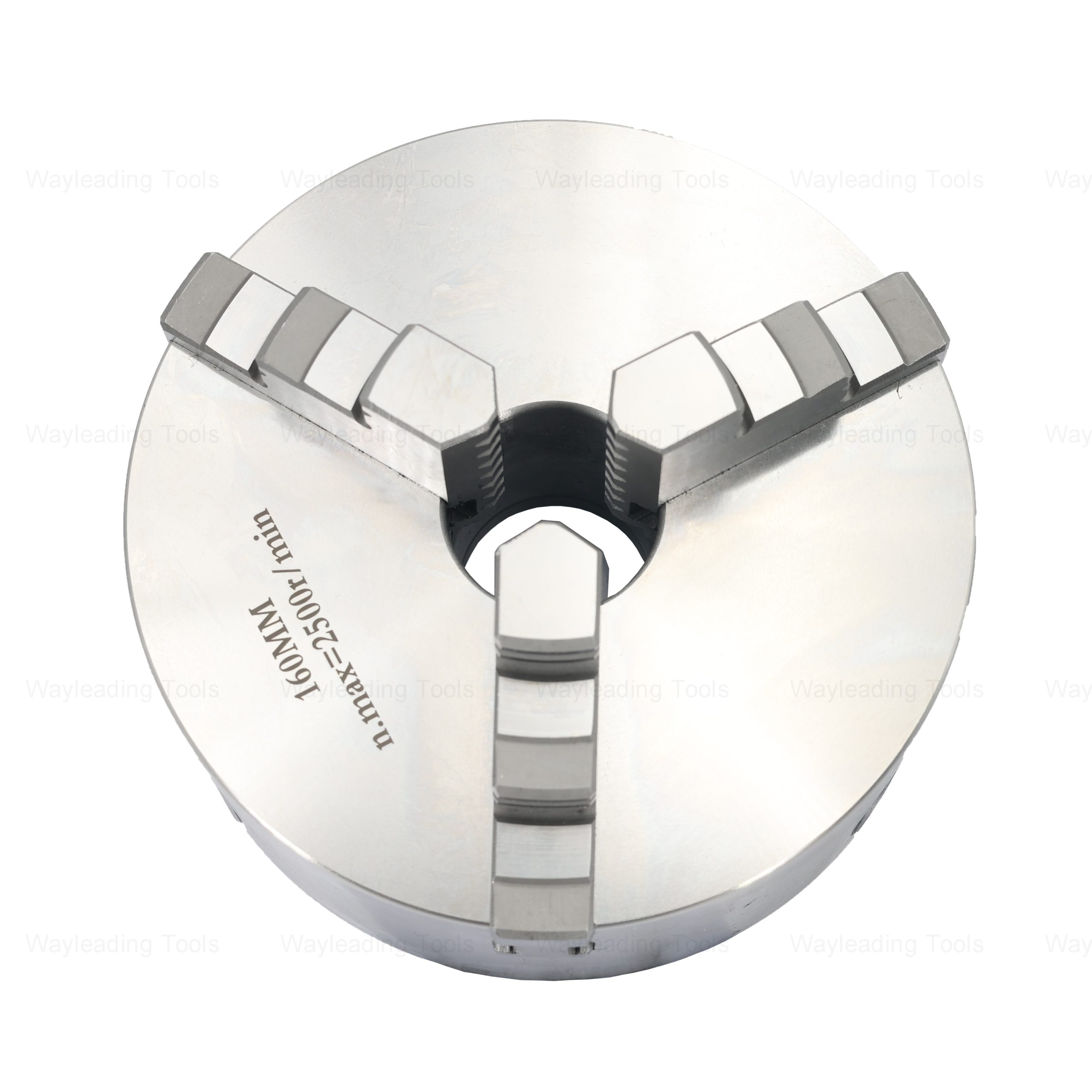 K11 Series 3-Jaw Self-Centering Lathe Chuck – Scroll Type, for Manual Lathes
K11 Series 3-Jaw Self-Centering Lathe Chuck – Scroll Type, for Manual Lathes -
 Precision V Block And Clamps Set With High Quality Type
Precision V Block And Clamps Set With High Quality Type
Related search
Related search- pull studs wrench Factories
- High-Quality step drilling
- parting and grooving tool holder Manufacturer
- Carbide Tipped Hole Cutter Factories
- 123 block Supplier
- Wholesale Counterbore Drill bit
- ACCU lock Machine Vises Manufacturers
- carbide center Manufacturers
- Wholesale machinist measuring tools
- full fillet spline cutter Factories

